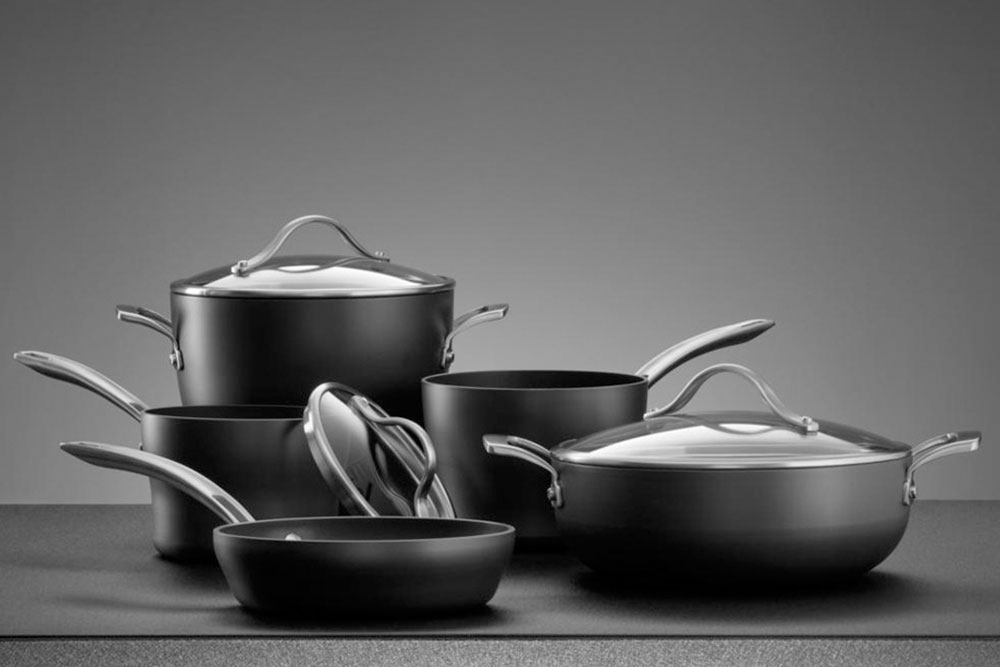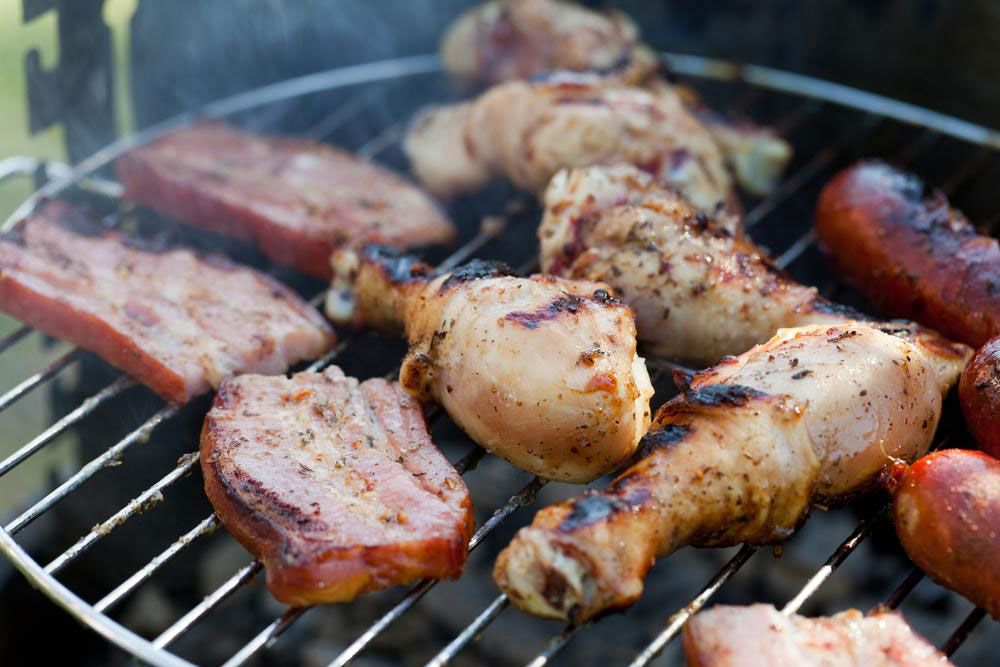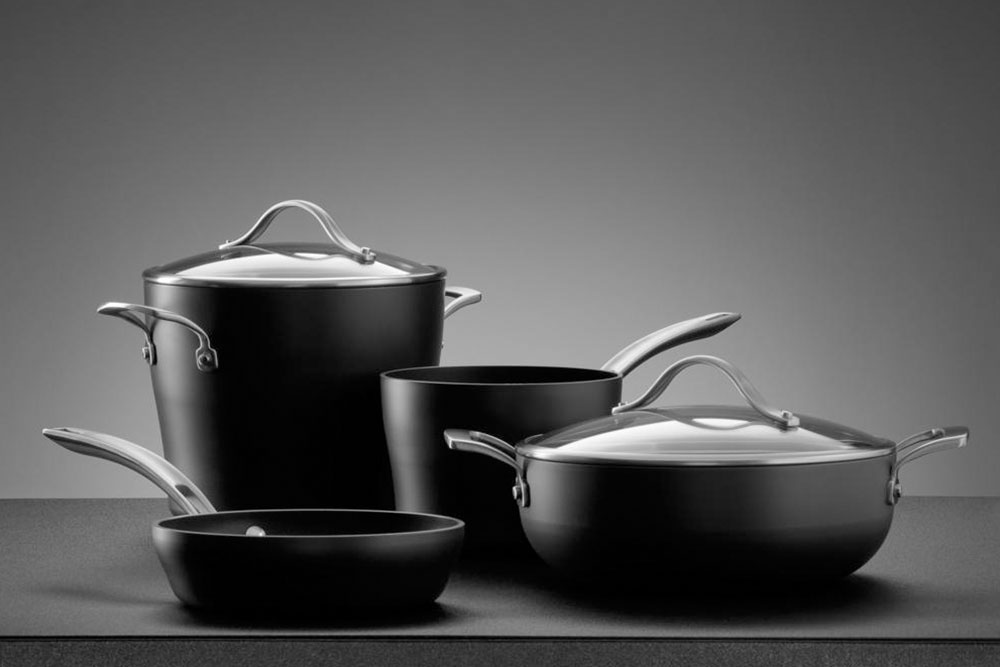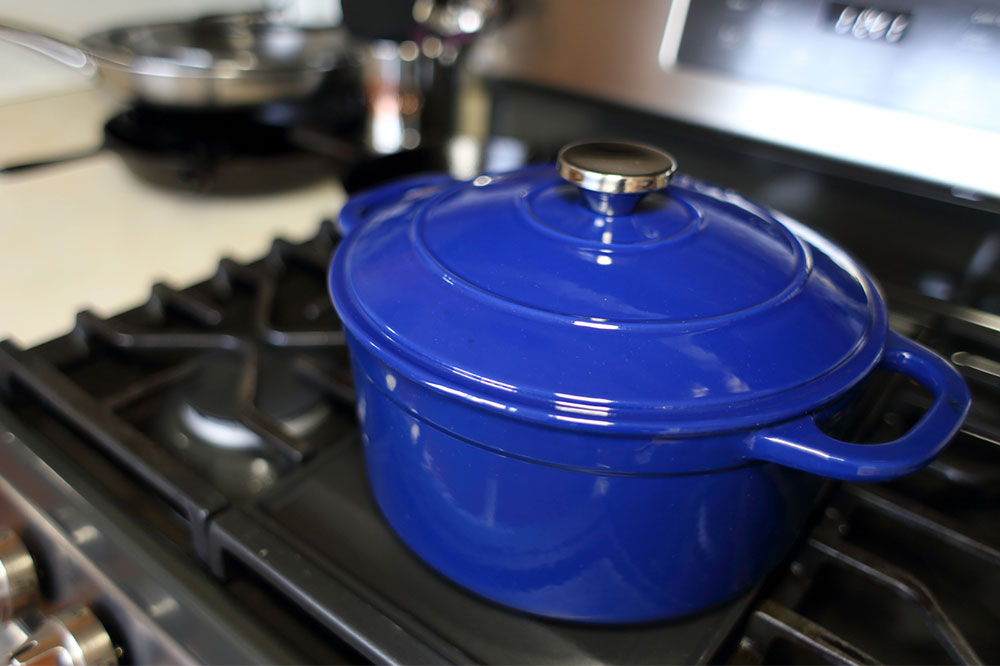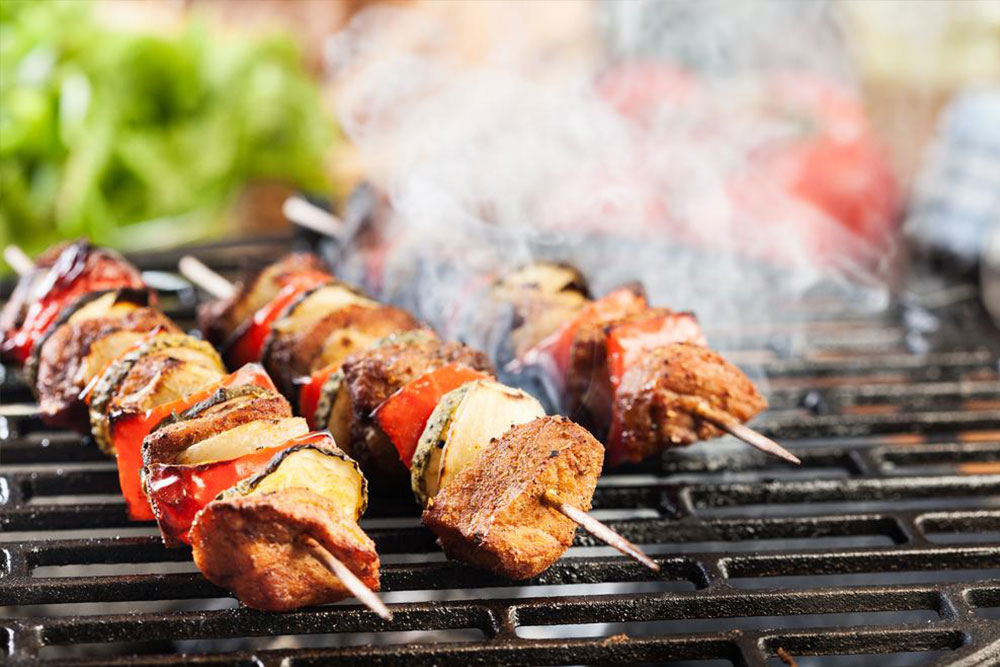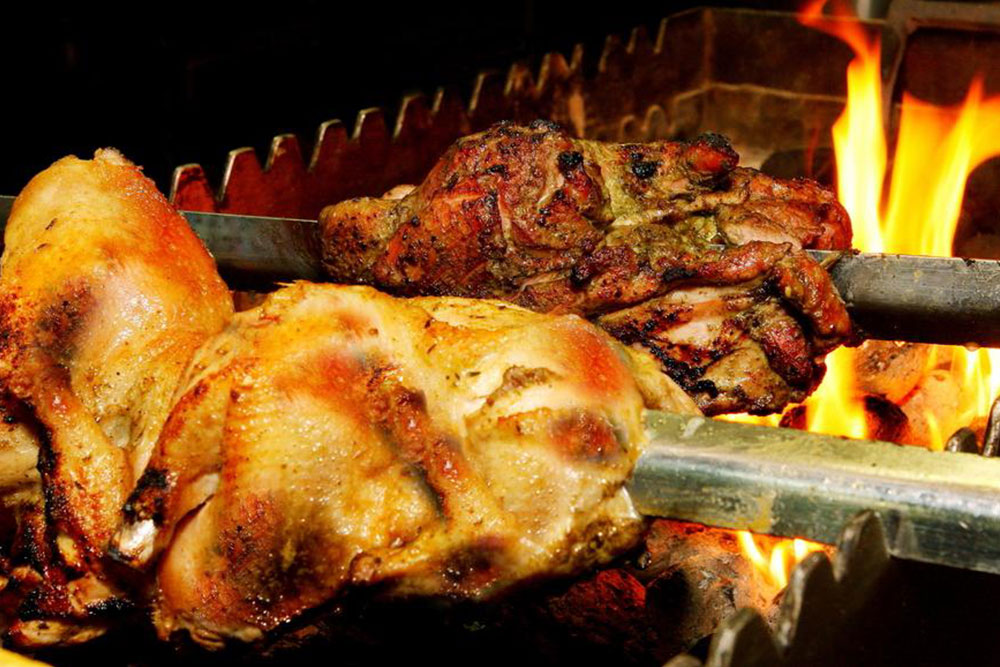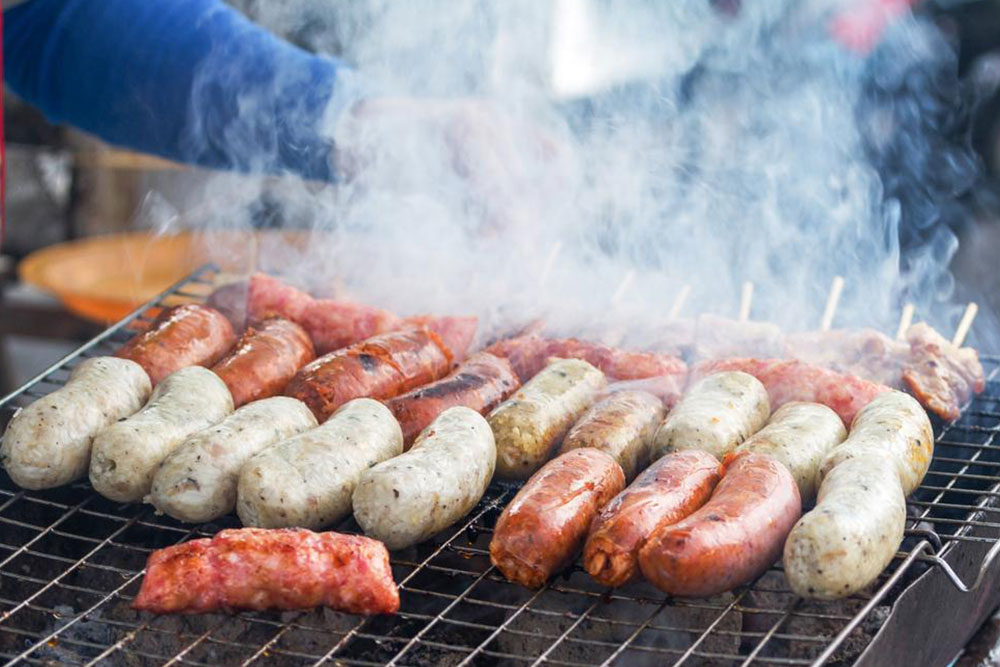Choosing Between Stainless Steel and Cast Iron Barbecue Grills
Learn how to select the perfect barbecue grill by comparing stainless steel and cast iron options. Understand performance factors, placement considerations, and maintenance tips to make an informed decision for your outdoor cooking needs.
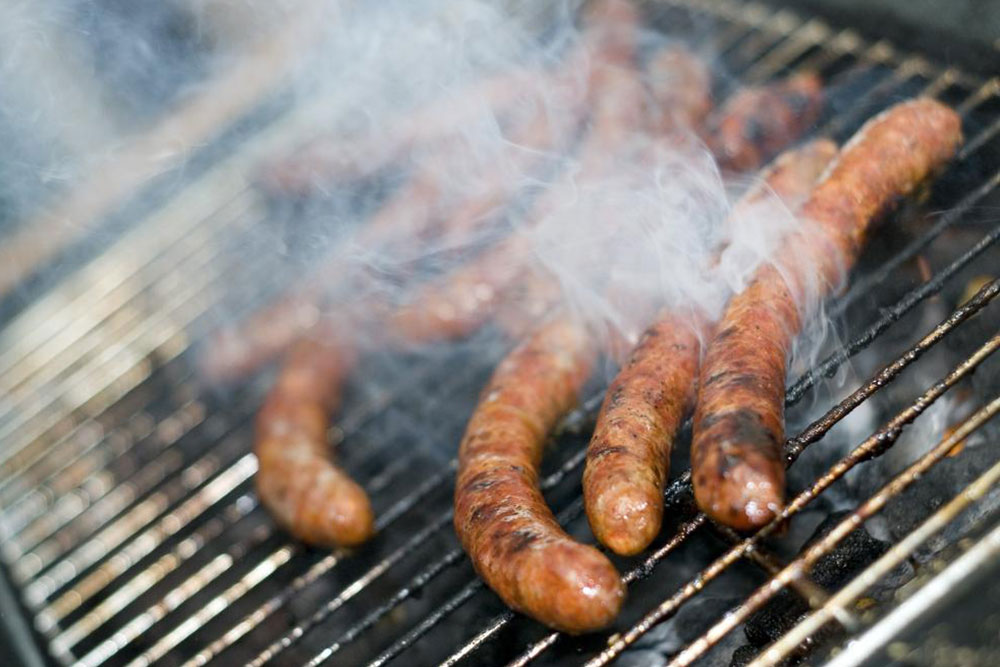
Choosing Between Stainless Steel and Cast Iron Barbecue Grills
Selecting the right grill depends on your cooking style and needs. While the differences may not be obvious externally, metal type significantly impacts performance.
Key Factors to Consider
To find the ideal grill, consider three main factors: how you'll use it (performance), where you'll place it (location), and your budget (cost).
Performance Considerations
Grilling varies based on individual preferences. Most grills are made from cast aluminum, sheet metal, cast iron, or stainless steel. Not all stainless steel is created equal — look for strength and quality in the materials and verify their condition before purchase.
Placement affects durability; outdoor environments can wear down grills over time. Sturdy options made from steel, cast iron, or a combination are durable and long-lasting. For high heat retention and efficiency, robust metals such as stainless steel or cast iron are ideal. Budget considerations should also influence your choice, balancing quality and cost.
Insights on Cast Iron Grills
Cast iron is capable of handling intense heat, but pure cast iron is prone to rust; therefore, grates are often coated with porcelain or enamel. While it lacks the sizzle sound produced by some other materials, exposed cast iron offers unique benefits.Pros and Cons of Cast Iron
The main advantages are excellent heat retention and prolonged heat distribution. However, cast iron is prone to corrosion, takes longer to cook, and requires cleaning while still warm, which can be inconvenient.Stainless Steel Grills Overview
Stainless steel grills are preferable for their ease of use and maintenance. They do not require as high heat as cast iron and tend to darken over time, though this does not impair cooking performance.Pros and Cons of Stainless Steel
Benefits include superior heat retention, simple cleaning, and low maintenance. The main drawback is the gradual darkening of the material, but this issue does not affect cooking quality.
